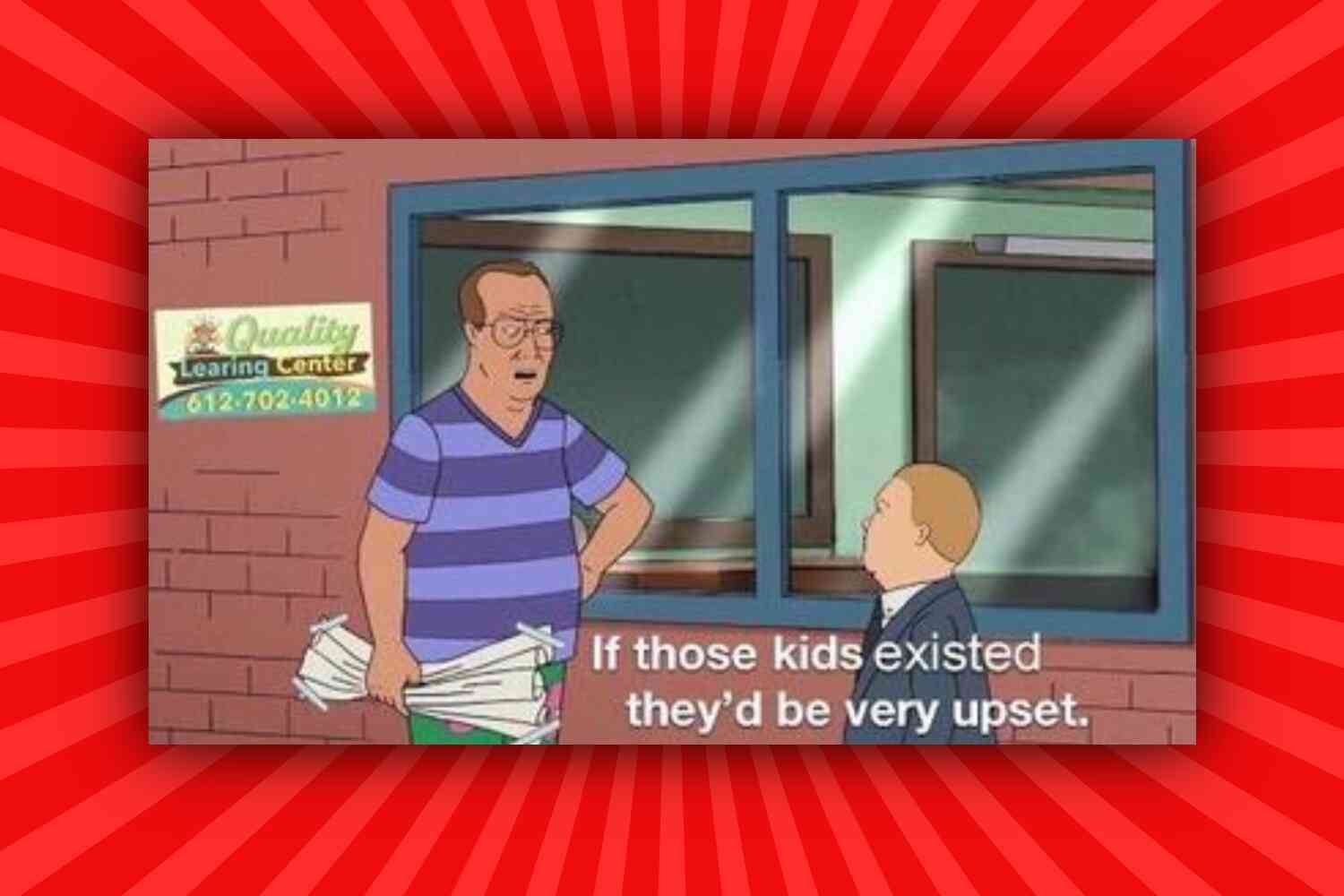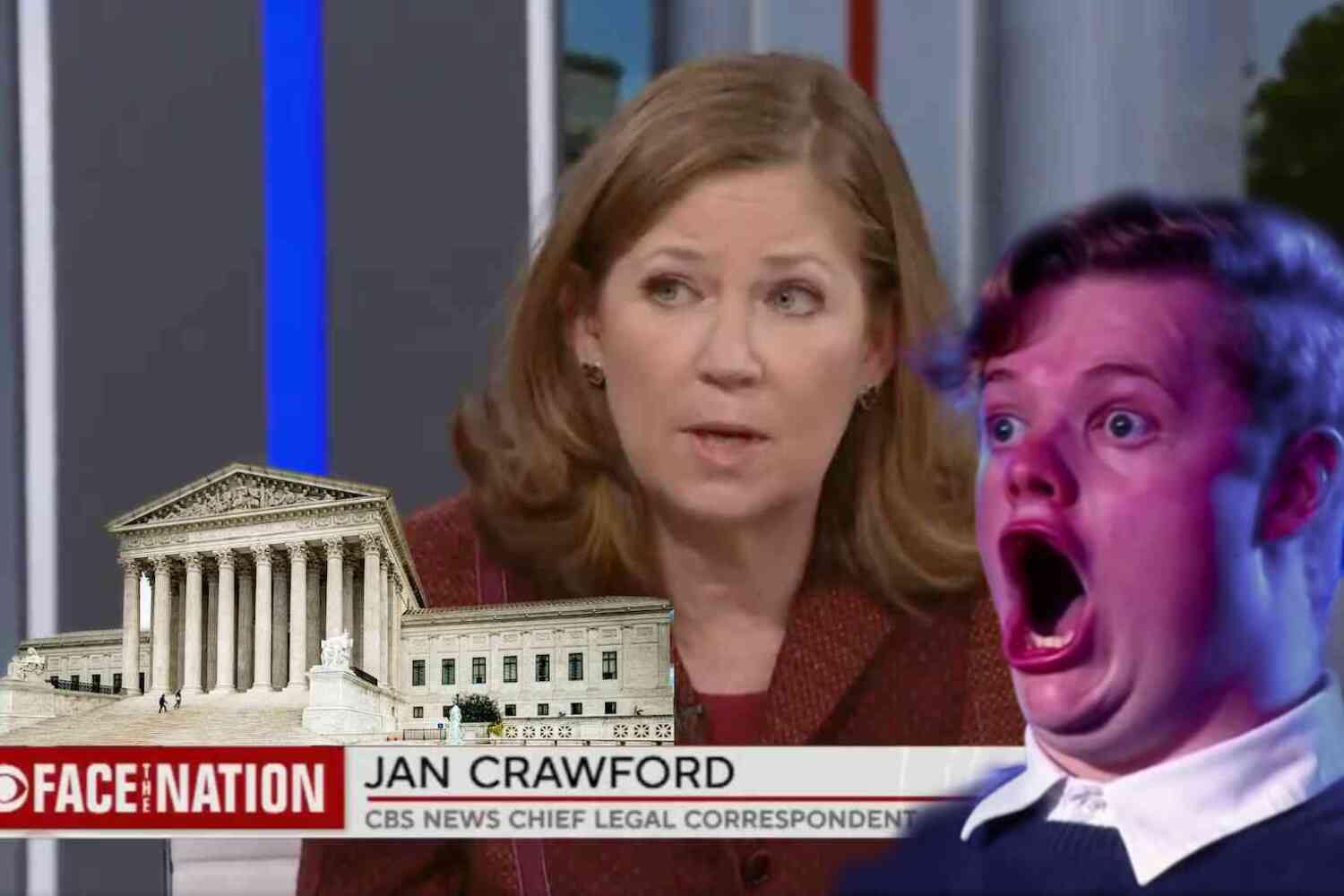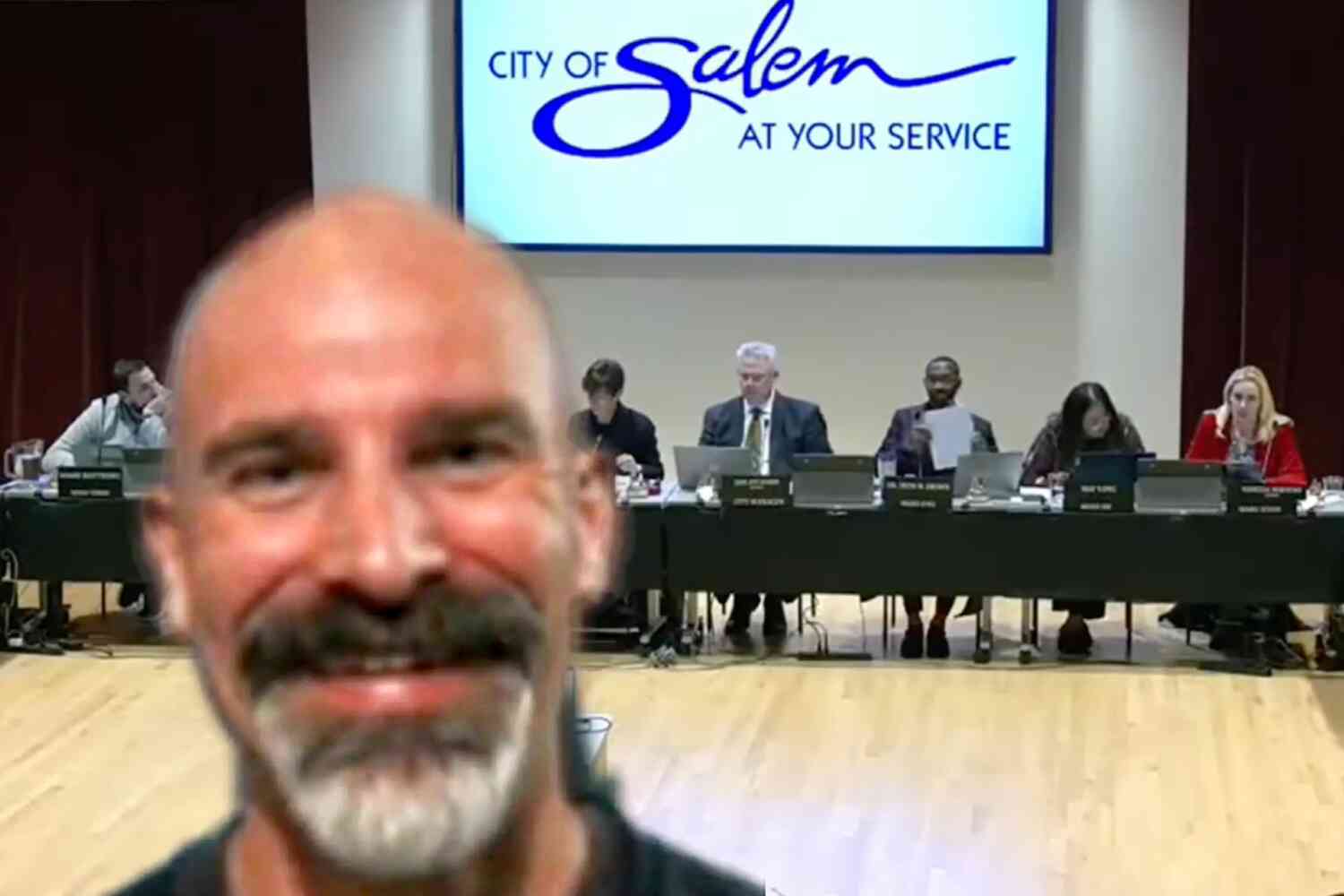The small number of people who warned from the start of the catastrophic effect that school closures would have on children—well, not only were we right, but we were righter than we realized:
American schoolchildren's learning loss in the pandemic isn't just in reading and math. It's also in social and emotional skills — those needed to make and keep friends; participate in group projects; and cope with frustration and other emotions.
In a survey of 362 school counselors nationwide by The New York Times in April, the counselors — licensed educators who teach these skills — described many students as frozen, socially and emotionally, at the age they were when the pandemic started.
There's really only one way to describe this:

It is a disgrace. We snatched kids from a normal life, separated them from everyone and everything, shuttered them into their bedrooms for months and months, forced them to stare at computer screens for eight hours a day—and all for a virus that poses a vanishingly small threat to them.
And boy, are we reaping what we've sowed:
Nearly all the counselors, 94 percent, said their students were showing more signs of anxiety and depression than before the pandemic. Eighty-eight percent said students were having more trouble regulating their emotions. And almost three-quarters said they were having more difficulty solving conflicts with friends.
"They have less stamina; more frustration; less flexibility; less effort; less perseverance; more escape and avoidance behaviors," Cassie Cerny, an elementary school counselor in Weston, Wis., said in response to open-ended questions in the survey.
In a word:

We knew this would happen. It was obvious, predictable, predicted. Yet few listened or cared. And now we're here.
And the worst part: It probably hasn't gotten as bad for these kids as it's going to get. Buckle up, folks. Tough times ahead.
P.S. Now check out our latest video 👇









